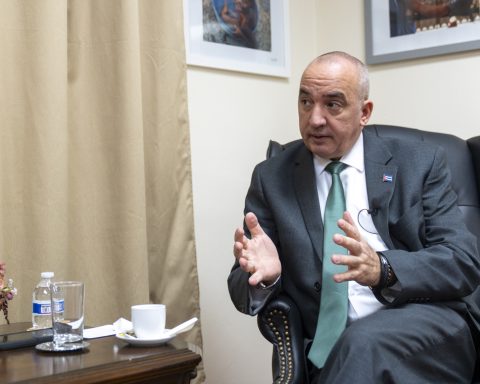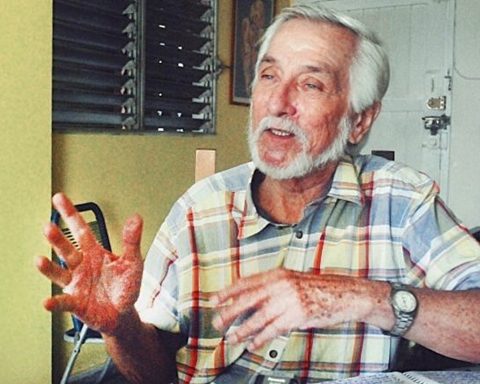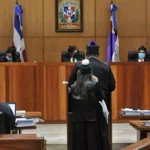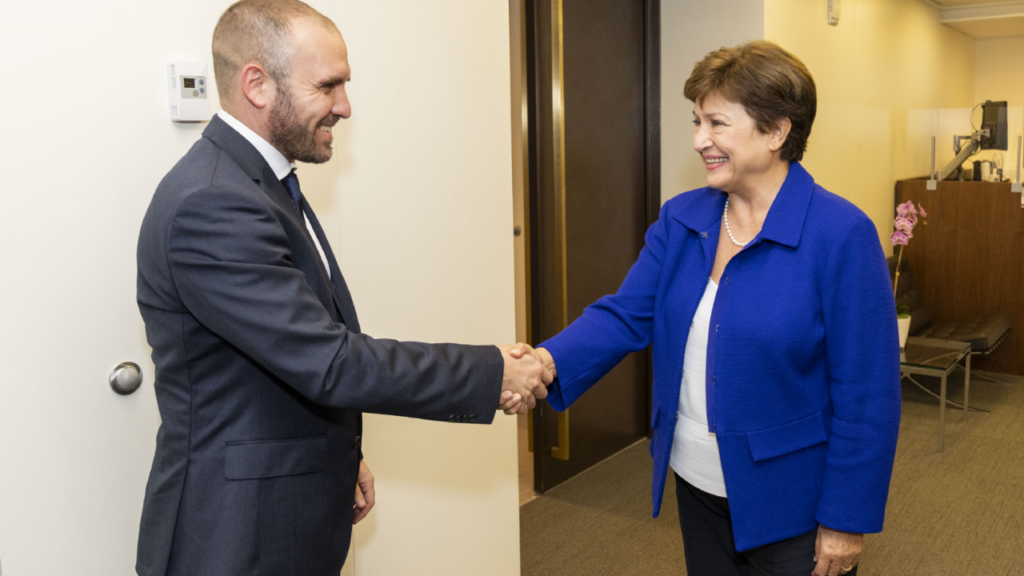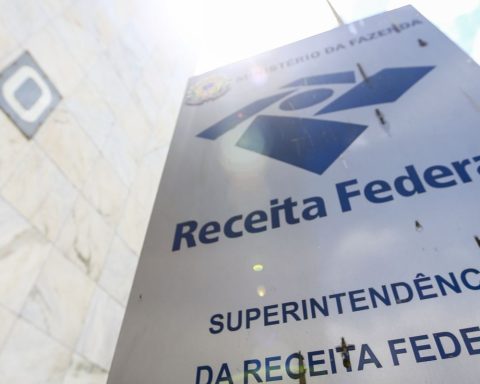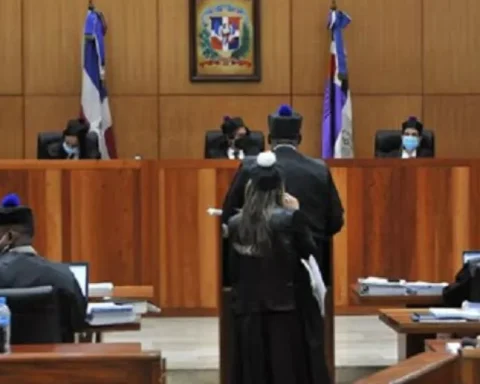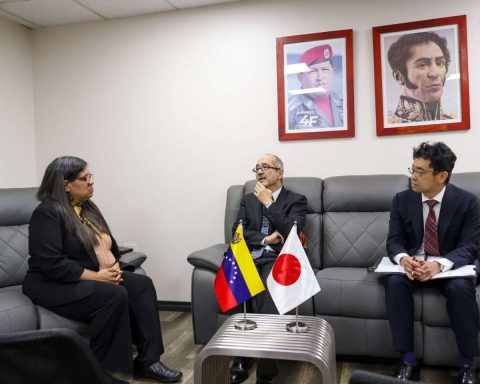These concepts about which some weave myths from prejudice that others then replicate from disinformation and cause many Cuban families to raise alarms in the midst of so much noise, are not new and much less dangerous.
CubaSi spoke with Doctor of Psychology Roxanne Castellanos to learn about important elements of its origin and the connotation they acquire in light of the Family Code Project that is being debated these days from Cabo de San Antonio to Punta de Maisí.
—What is the origin of the concepts of maturity or progressive autonomy?
—The terms are derived from the Convention on the Rights of the Child and the general comments of the Committee on the Rights of the Child. These are documents dating from 1989. Cuba began its application in 1991.”
—And then why was there no mention of that in Cuban legislation?
—What happens is that they are subsequent to the drafting of the Code that is in force, which is from 1975, that is why the terminology and approaches of these documents appear. This Code, obviously, already updates this whole issue”.
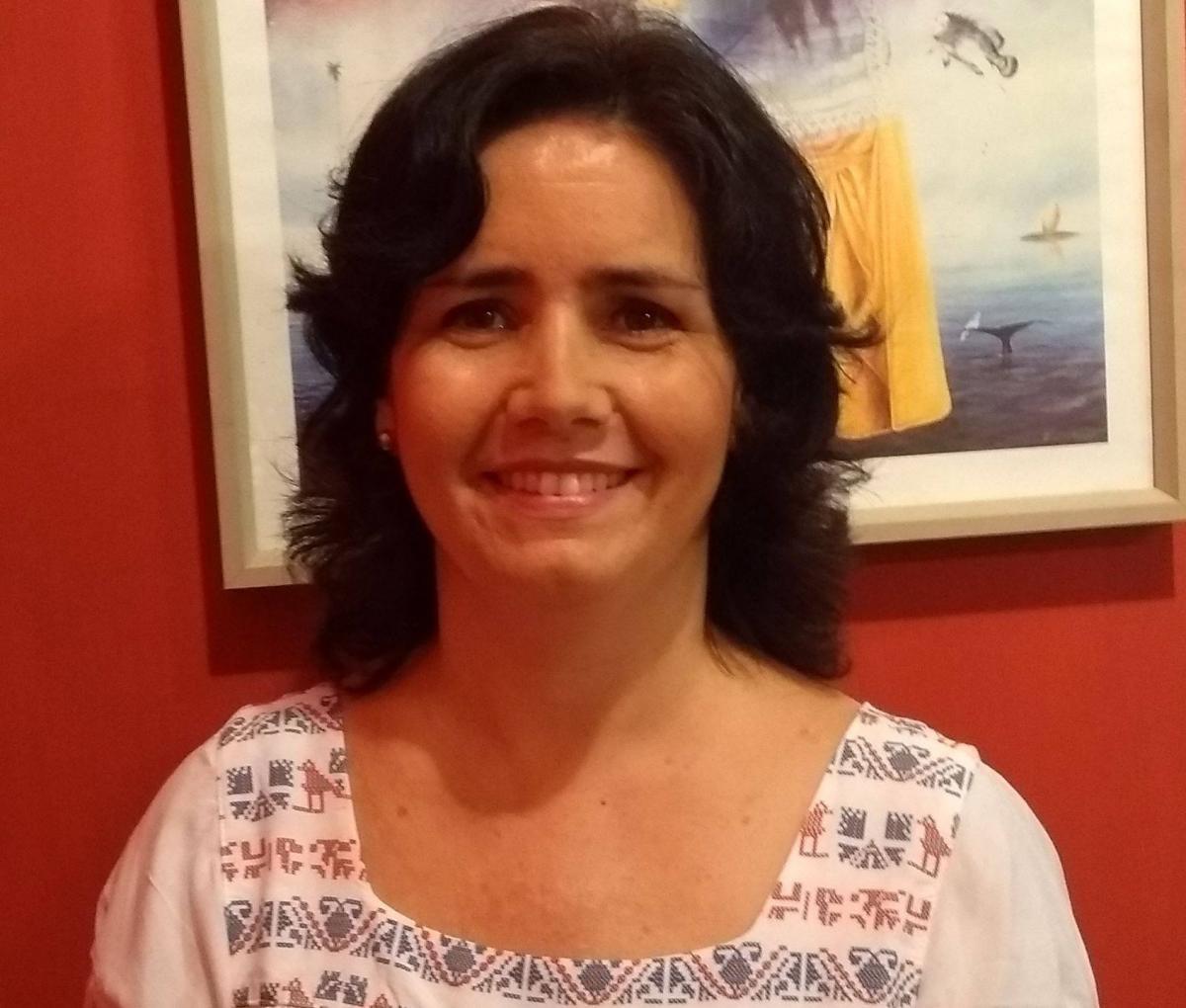
—Recognizing progressive autonomy, does it somehow mean that parents will have to do or allow everything that children want?
“It doesn’t mean that at all. In fact, parents, and this is written in the letter of the Convention, have the task, the duty to teach children to make use of their abilities as they mature.
«We speak of progressive maturity because, of course, in childhood, more than in any other stage of the human being, the evolution that psychological processes of all kinds have is absolutely evident and, to the extent that they evolve, they go passing from a total incapacity to a progressive possibility, they develop new capacities to do things, to think, to act and, to that same extent, they also begin to have the possibility of making certain decisions».
—That is one of the topics that has generated the most opinions…
—When it comes to making decisions, people think big things, but it doesn’t have to be that way. As I said, the Convention itself speaks of the fact that parents must accompany their children to train the exercise of making decisions, because that is something that must be trained to be able to do it in life, that is, it is essential, it is one more capacity, because if I don’t make decisions, I become insecure, and when I have to, because life puts me in a certain circumstance, well, I don’t know how to do it.
«Now when a child goes to school and does not have his parents by his side, many times he has to make decisions, because he is in a context where, although there are educators in charge of him, certain situations already arise in which he has to decide what do. That is making decisions at his level, at his age; it is not about transcendental things.”
—And this is how the Family Code Project assumes it?
-Absolutely. Part of the roles of parents endorsed in the Code is the education of children and, within education, there are the rules, the limits. The exercise of rules and limits is essential for proper upbringing, even for respectful upbringing, because children are happier the better their lives are structured in terms of learning rules and limits; if not, the disorganization and the fact that you have to be calling their attention generates a good number of problems.
“Part of education is showing them when they should decide on one issue and when on another. Sometimes a good decision is not to do what I want. So, making decisions is not synonymous with doing my will. The decision can be to abide by a limit, to abide by a rule, to do what they told me…”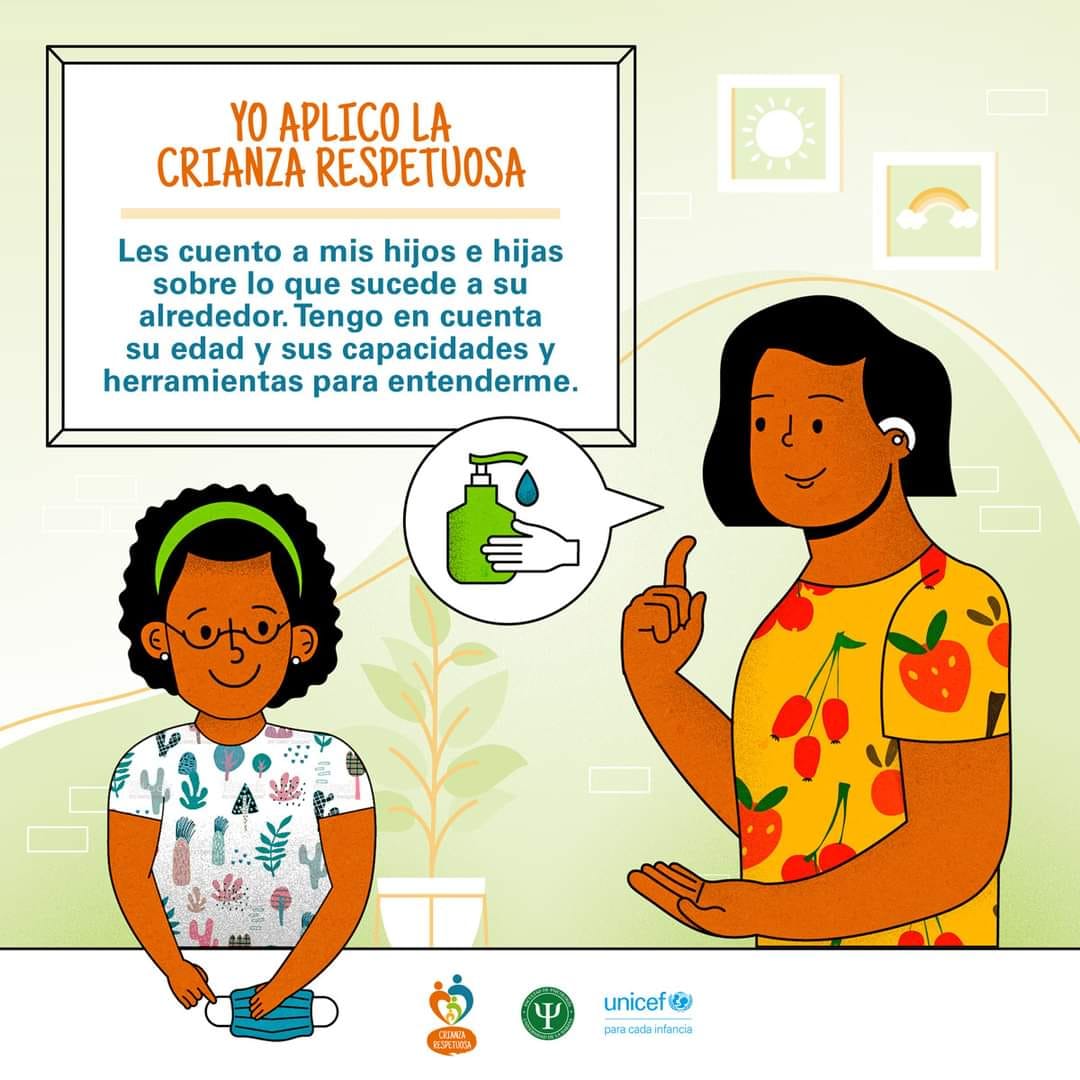
—I just wanted you to tell me how all this is connected to respectful parenting and what advantages it has, both for the full development of children and for the functioning of the family.
—The proposal to raise with respect is completely consistent or related to the approach that brings the Family Code on how to relate to children; in this specific case, in terms of relationships between parents and children, but extended to other caregivers and, let’s say, professionals who are in constant exchange with children and adolescents.
“The basis of respectful parenting is supposed to be that, from a very young age, children perceive when they are treated with respect. This nurtures their self-esteem and self-assessment processes and, furthermore, puts them in a position to collaborate more in terms of the very process of driving their development. In other words, when we raise children with respect, they have an easier time understanding the part of the rules, the limits, the calls for attention, because respectful treatment brings out the best in the child and, in addition, stimulates their growth. . It puts him in a more horizontal relationship with the adult. It does not mean at all that the adult does not have the authority, but that being at the same level in communication, this greatly encourages the development of the child and that he conducts himself, despite his young age, in a more ” collaborative”. Everything flows better, it’s easier, more spontaneous.
“And it is completely coherent because, precisely, what it is about is that, from a young age, we talk a lot with them, we give them the possibility of expressing their ideas, of disagreeing, of saying what they do not agree with, convincing them when we have We have to insist on our position, although we can also change our opinion based on some idea that they are contributing that may be valuable —since they are very young, children say things that are very valuable and that we can take them into account.
“When we raise with respect, we also try to understand the needs of the child in each evolutionary period, and when we take these needs into account, we do not demand more than necessary, but what we can for their age and, at the same time, we do not do violence its nature, the things that come in the child, that are expressed very early and that there is no reason to propose to change or do otherwise. So that has a lot to do with the concept of progressive autonomy, progressive maturity, with everything that is being talked about trying to build a whole culture of good treatment, gradually eliminating physical and psychological punishment as a form of discipline, that is I mean, everything has a total synergy».



